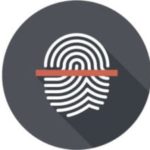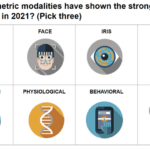“The need to reliably identify infants, particularly in countries where government-issued ID is lacking, could have profound implications in pediatric care.”
“We think we’ve solved the problem of infant identification for both developed and developing countries,” a UC San Diego researcher has announced.
As UC San Diego News Center reports, UC San Diego School of Medicine and Qualcomm Institute assistant professor Eliah Aronoff-Spencer helped to develop a new fingerprint and palmprint identification system specifically aimed at infants. The system runs on a rugged, portable device called “ION”, and is based on optical scanning, with no need for physical contact.
It’s a potentially important development. The need to reliably identify infants, particularly in countries where government-issued ID is lacking, could have profound implications in pediatric care. Indeed, recent research from mobile ID specialist Yoti found this to be a key concern among NGO workers in Africa, and the Bill and Melinda Gates Foundation was helping to fund research on infant fingerprint scanning at Michigan State University, in collaboration with biometric security specialist NEC, already back in 2016.
For their part, the UC San Diego researchers say that preliminary testing has found ION to have an accuracy rate greater than 99 percent for “re-identification after registration as early as two days after birth,” according to UC San Diego News Center, and an accuracy rate of 90 percent for registration on the first day of birth. That bodes well, but more testing needs to be done, with the researchers now planning field trials in Africa and South Asia, and aiming to have ION ready for a commercial launch within 12 months.
Source: UC San Diego News Center
–
September 14, 2018 – by Alex Perala








Follow Us